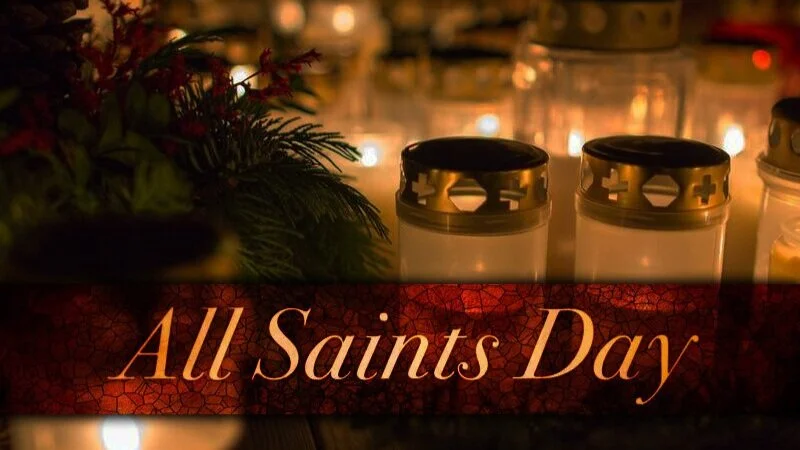It’s Not Fair
Kingdom Relationships - Part 3
Sunday, September 20, 2020
Matthew 20:11-12
And when they received it, they grumbled against the landowner, saying, “These last worked only one hour, and you have made them equal to us who have borne the burden of the day and the scorching heat.”
Matthew 20:11-12
If we’re honest, this parable about the laborers in the vineyard receiving equal pay no matter how long or little they worked is one of the most frustrating teachings we have from Jesus. It simply doesn’t fit in our capitalistic society where we must earn everything we have. Not to get political, but in modern terms it almost sounds like Jesus might be promoting some form of socialism, or at the very least a re-distribution of wealth in which the wealthy landowner / employer guarantees a minimum living wage for all of his employees no matter their status.
Before we get defensive and write off this parable because of such political or economic implications, we first need to understand that the people of Jesus’ world had no concept of capitalism, socialism, communism, or any other 20th or 21st century economic system. What they did understand, perhaps better than most of us in our relatively comfortable lives, is the incredible weight and injustice of widespread poverty and the culturally acceptable extortion of the poor by the few who held the most power and money. After all, what could the poor do except be grateful for every meager meal they were able to scrounge up for their families? Even today, cycles of generational poverty are nearly impossible to break.
Although Jesus may not have been writing an economic handbook for all future governments, we cannot ignore the principles he teaches in this parable, particularly around our relationship with money and with those who are less fortunate.
The first is the issue of justice.
As Duke ThD student Alma Ruiz puts it, “We may all be in the same storm, but we are not in the same boat. Some people have much nicer and safer boats.” Justice begins with the recognition that while all the day laborers in Jesus’ day faced the same struggle of trying to find work and not knowing from one day to the next if they would make enough to sustain them and their families, some had a much better chance of getting the work and the income they needed than others. Those who were still waiting at the end of the day were “picked last” for a reason. Think back to the old days of picking teams for a playground basketball game. Team captains always picked the strongest, most athletic and most talented first and eventually one team would “get stuck with” the final pick who likely would be more of a liability than an asset. Likewise, landowners would pick the strongest and hardest workers first, leaving behind the elderly, the disabled, the sick, or others who often due to no fault of their own were unable to be as productive in the fields. In other words, those who needed the income most were the least likely to get it.
The landowner in Jesus’ story was not willing to settle for such a survival-of-the-fittest model. He knew the next day all the workers would start over and those who were chosen last would likely be chosen last again. He knew how much more likely they and their families were to suffer from poor health and other “side-effects” of extreme poverty. But for today, at least this one day, he could offer them something most landowners would never consider… human dignity. Justice is always about dignity. It’s about treating everyone, no matter their circumstances or abilities, as beloved children of God and doing whatever we can to make sure they have what they need. We pray that God might “give us our daily bread,” but most of us have never considered what it would be like not to have enough to eat for even a day, let alone a lifetime. Justice requires that we all do whatever we are able to make sure that no one goes to sleep at night without this most essential prayer being answered. The landowner isn’t giving free handouts to help people “abuse the system.” He’s doing his part to make sure that everyone goes home with their daily bread.
The second major issue in this parable is the issue of grace.
We sing “Amazing Grace… that saved a wretch like me,” but how many of us look in the mirror when we wake up and say “Good morning wretch”? While we believe in salvation by grace, if we’re honest most of us don’t feel like we need much grace. This is evidenced by our sense of unfairness when we read this parable. As Barbara Brown Taylor asks, “Why do we always assume we are the workers who have been there all day?” And even if we have put in a full days work, why do we somehow feel cheated when we get exactly what we were promised? Why does the landowners generosity bother us so much? The workers complain, saying, “you have made them equal to us.” In our lives, who is “them” and who is “us”? And more to the point, why is it so bad for “them” to be equal? Why is our self-worth so tied to being better or having more than someone else?
There are no “one-size-fits-all” answers to these questions, but they are the kinds of questions we must ask ourselves if we are to ever understand the message of this parable. Until we can identify with those who could not find work until the end of the day, we will never appreciate what it means to know that our family will not go hungry that night despite our inability to “earn” enough.
The more tied we are to “fairness” and everybody getting what they deserve, the less we will be able to receive God’s grace. Some of you may remember the old “Roman Road of Salvation.” Along that journey we find two key verses that remind us that grace, simply put, is not fair at all.
All of sinned and fallen short of the glory of God (Romans 3:23).
For the wages of sin is death, but the free gift of God is eternal life in Christ Jesus our Lord (Romans 6:23).
If we are all sinners, the “wages” we deserve is “death.” The greatest scandal of Christianity is that by God’s grace through Christ, none of us get what we deserve. It’s not fair. And yet to those who receive it it is nothing less than the most incredible miracle of salvation we could imagine. How can we receive such an undeserved gift and then complain when others receive the same?
To be fair, it should have been us on the cross instead of Jesus. Thank God grace is not fair!
Listen to this week’s sermon here:




